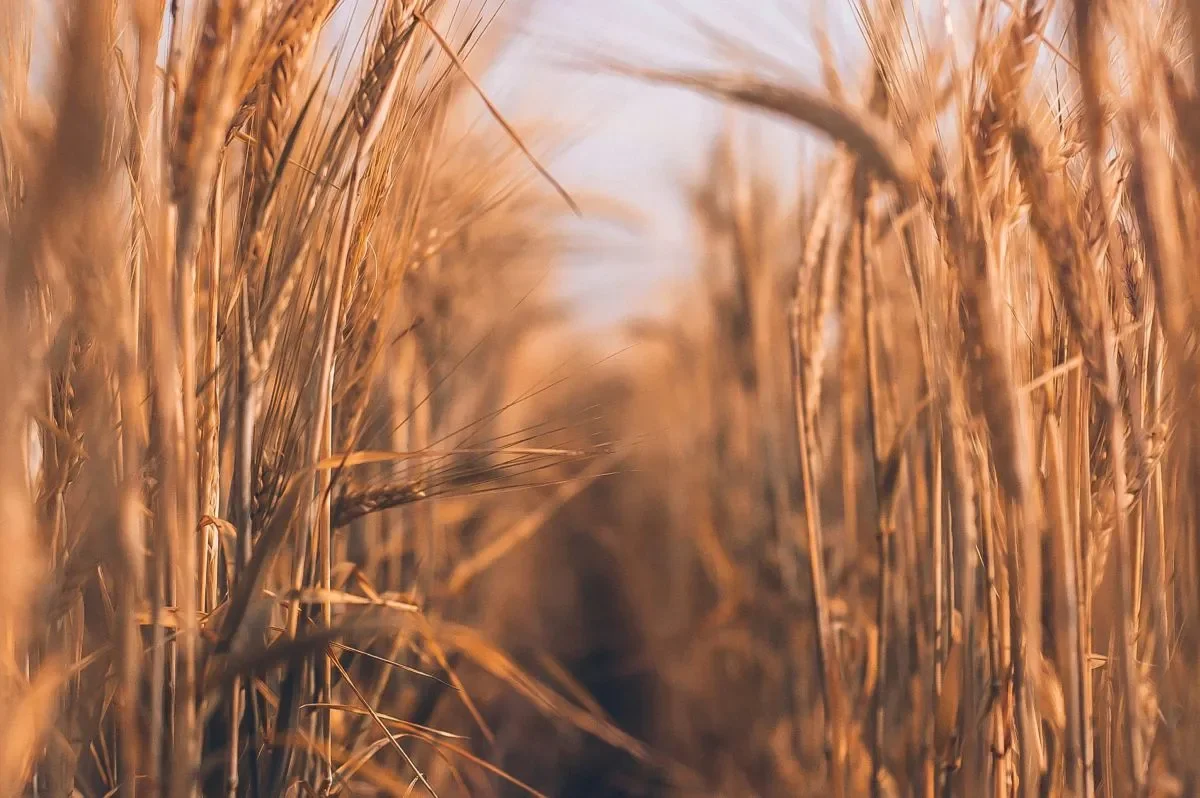
Czech Farmers Struggle with Poor Harvests and Price Pressure: Grain and Rapeseed Yields Hit Record Lows
Czech agriculture is facing significant challenges. The days when grain and rapeseed were considered the economic backbone of domestic farming are over. According to the Chamber of Agriculture of the Czech Republic, unfair competition in the European market has led to a drastic decline in prices, prompting farmers to reduce their crop acreage.
This year, only 6.75 million tonnes of basic grains were harvested, marking the second-lowest yield in the past 12 years. Although the harvest was completed faster than the previous year, farmers faced considerable difficulties. Severe frosts in April and erratic weather, including heavy rainfall, hail, and high temperatures during the summer, significantly impacted yields. Winter crops, particularly winter wheat and winter barley, were especially hard-hit, with many fields left unharvested due to heavy rains and the resulting challenging conditions.
The area under cereal cultivation decreased by several percent to 1.2 million hectares, leading to a revenue drop of CZK 3.27 billion. The situation is even more dire for rapeseed: the harvest yielded only around 950,000 tonnes, a 27% decline compared to the previous year. Yields dropped to 2.77 tonnes per hectare, and the area under cultivation shrank by 10% to 343,000 hectares, resulting in a revenue loss of CZK 3.75 billion.
Jan Doležal, President of the Czech Chamber of Agriculture, highlights that low prices, unfavorable harvest conditions, and competition from imports—particularly from Ukraine—are worsening the situation. These imports benefit from lower production costs as they do not have to meet strict European standards. Doležal warns that these factors could further reduce the acreage dedicated to cereals and oilseeds.
Current estimates of harvest results may vary due to differing assessment methods used by the State Agricultural Intervention Fund and the Commodity Council for Cereals and Oilseeds. As economic and climatic challenges persist, the future of Czech agriculture appears increasingly uncertain.
More from Business

Industrial production in the Czech Republic rises sharply in November

Automated Driving: Czech Republic Permits Level 3 Vehicles

